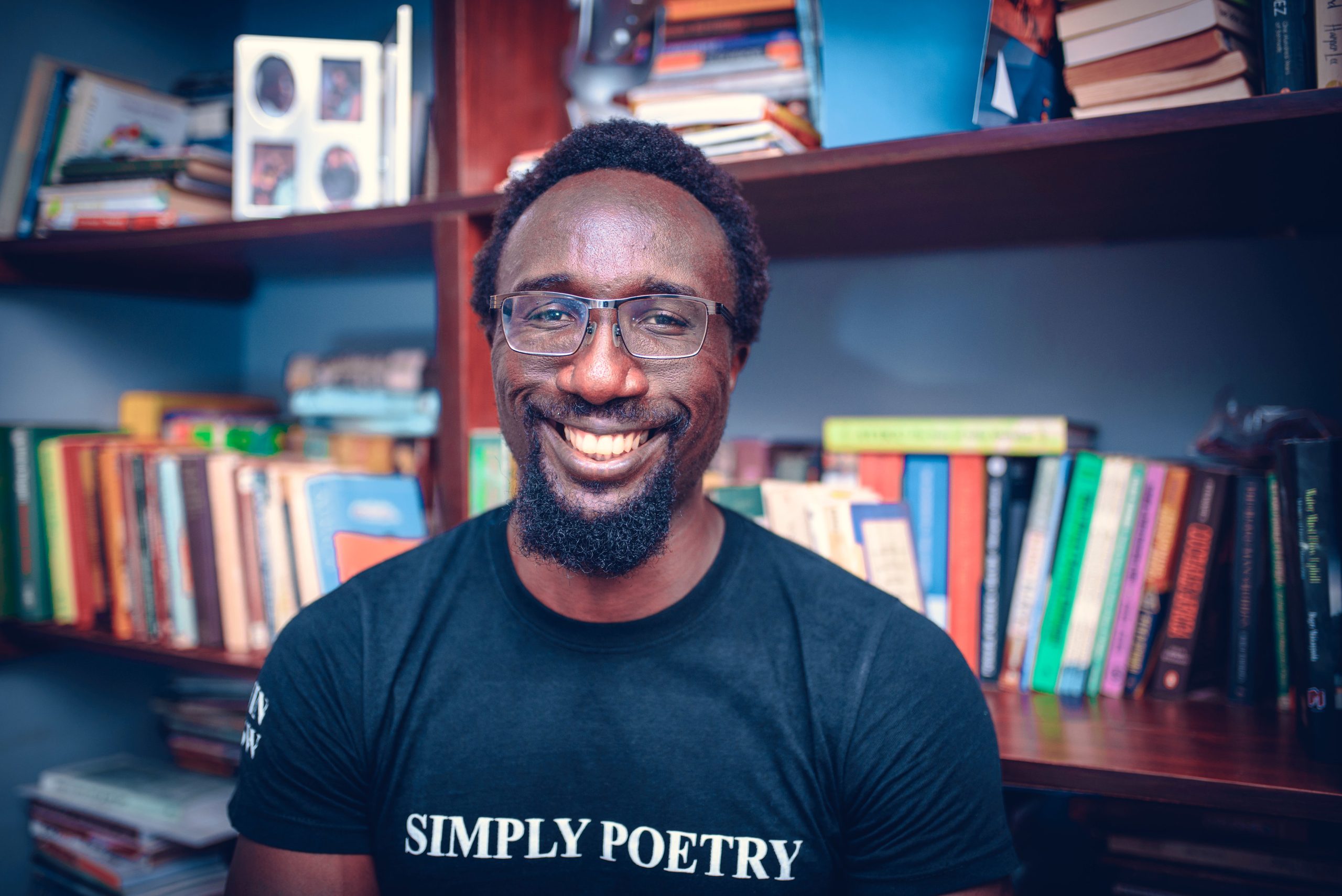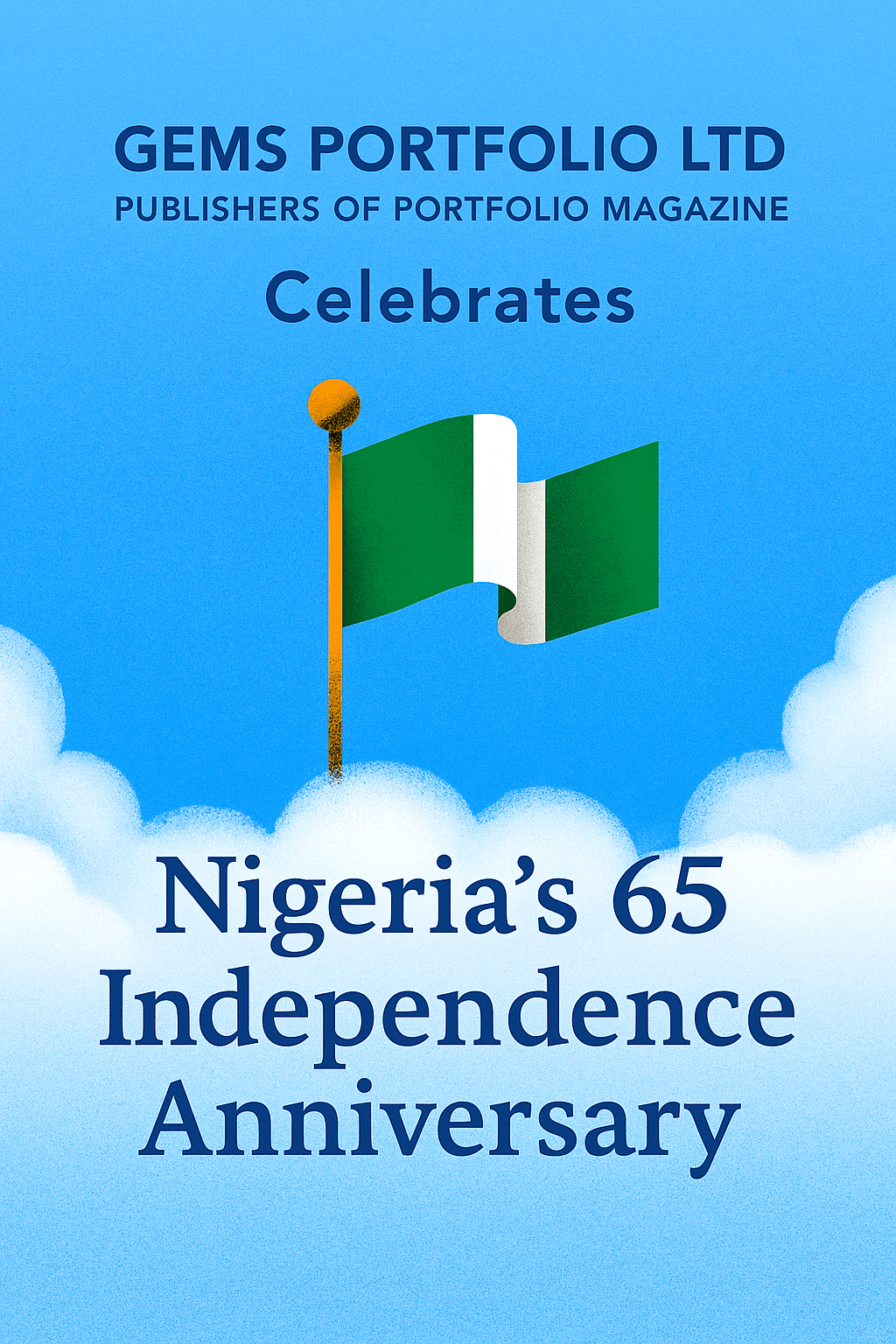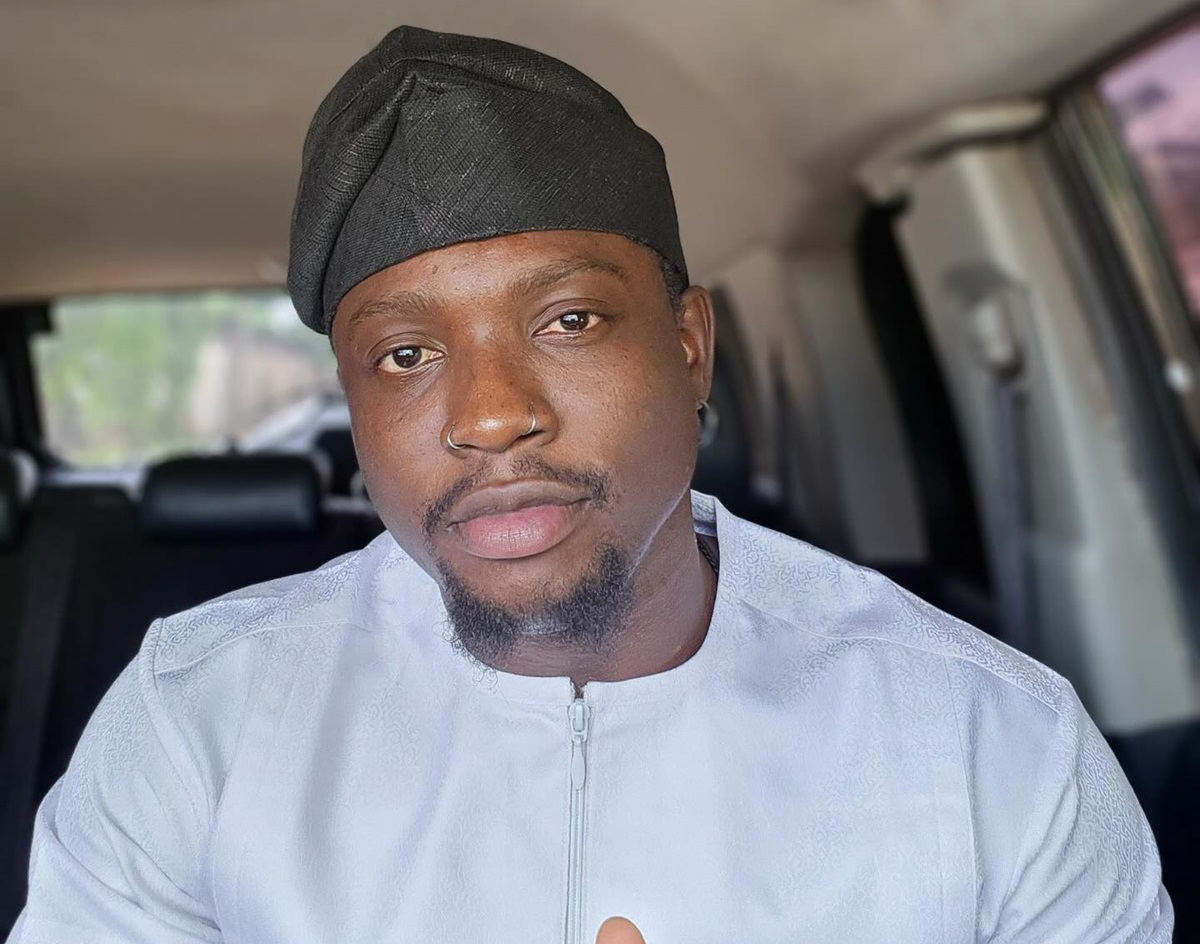
Meet Dike Chukwumerije, a renowned Nigerian poet, writer, and social activist whose words have shaped hearts and minds. As the visionary behind the “Made in Nigeria” poetry project and a champion of patriotism through art, his journey has been marked by integrity, resilience, and a deep commitment to societal change. In this conversation, we delve into his inspirations, the power of literature, and his unwavering belief in Nigeria’s youth as the architects of a brighter future.
Read about “ESINULO SANTUS: REVOLUTIONIZING GLOBAL CAR TRADING THROUGH TECH INNOVATION AT DEALER.NG”
Q: Mr. Dike, your journey is truly inspiring. From being a poet and writer to a notable voice in Nigerian literature and social activism is inspiring. Could you share with us some key moments from your life that shaped your path and propelled you toward your current achievements? What were the key influences that guided you towards poetry and literature?
I must have inherited my instinct for writing and storytelling from my parents for, at the time of my birth, one was a journalist and the other a schoolteacher. Growing up in an environment saturated with books, music, arts, and culture influenced me deeply. I was also fortunate to have older ones with strong creative flairs for writing and drawing. One of them, my oldest brother Che, was my immediate inspiration to start writing poetry. He and his friend, Onesi Dominic, were my earliest and most enduring poetic influences.
Q: Your work often addresses pressing societal issues. How do you believe poetry and literature can be powerful tools for social change, particularly in a country like Nigeria?
Art is an effective way of communicating on an emotional level. And emotive messages are important to shifting attitudes and changing behavior. In this sense, it is not enough to speak only to the intellect or reason of the target audience. This is where poetry and literature can play a significant role.
Q: Nigeria is brimming with young talent, yet many are lost due to governmental insensitivity and lack of support. What strategies do you think can be implemented to nurture and harvest this talent effectively, preventing them from being lost?
Support for creative talent can come in many ways. A general improvement in security and the economy would provide a major boost to young creatives who often work unconventional hours and have to travel to different locations for work. More specific interventions include providing affordable and adaptable spaces for creative output, for instance, community centers, theatres, gallery spaces, etc., that young creatives can access at no or little cost. The government can also set up a system or grants to support creative expression in local communities. The formal recognition of creatives also helps, for instance, the institution of positions like Artists in Residence or Poet Laureates, etc. for local communities. As well as patronized local artists and commissioned work from them.
Q: Recently, we’ve seen significant youth-led protests in Kenya demanding change like the one in Nigeria during the ‘End Bad government’. How can Nigerian youth learn from these movements to amplify their voices and effect meaningful change in their communities?
It is important to be organized and disciplined. Ad-hoc protests that are not properly planned and led may not be able to sustain the struggle for as long as necessary to ensure victory. It is also important to be conscientious. This means having a clear ideology, and a shared sense of what one is fighting for so that agitation is not only driven by dissatisfaction with current conditions but a commitment to achieving specific objectives. Finally, resilience is critical to successful social struggles. This is the capacity to bounce back from setbacks and defeats and keep on going.
Q: When you listen to artists like you, Davido, Wizkid, Burna Boy, 2Baba, and other young Nigerians achieving success on the international stage, it brings immense joy and pride to the nation. However, when it comes to our political leaders, there seems to be a disconnect, with many aspects of governance failing to work effectively. What do you think can be done to ensure that Nigeria not only excels in cultural and artistic arenas but also achieves success and integrity in its leadership?
To improve the governance space in Nigeria we need to form successful pressure groups around issues of governance. We are currently too fragmented around the faultlines of ethnicity and religion, which prevents us from coming together to agitate for better governance. In the current climate, people are inclined to condone bad governance when it is being perpetrated by people from their tribe and/or religion. Until we can change this mindset, and build effective pressure groups and political parties around ideology and governance, the current dysfunctional political culture will continue.
Q: If these young people are often regarded as Nigerian future, excelling in literature, music, and sport, in your opinion, what role do you believe these young talents play in shaping Nigeria’s future, and socio-political landscape, and how can they be better supported?
The success of any Nigerian has an inspirational impact on other Nigerians and also helps, in some way, to repair the country’s international image. However, for individual success to translate to wider social change, we need talented individuals to be socially conscious. To understand that you can use your talent, not just to enrich and empower yourself, but to speak to issues that can empower the rest of your society. And that, ultimately, no matter how rich or well-known you may become as an individual, you cannot escape the stigma of where you come from.
Q: In today’s Nigeria, do you believe we have leaders who can command respect, and inspire the youth in the same way Nelson Mandela inspired generations? What qualities should young Nigerians look for in their leaders?
Yes, we do. Nigeria has many high-quality and inspirational leaders across all walks of life. The most important qualities to look out for in a leader are patriotism and integrity. If you are competent but not patriotic, you will not use your capacity to develop the country. However, if you are patriotic but lack competence, your love for the country will lead you to develop, or hire, the competence you require to build the country. With integrity, you are a person of your word – and people will be able to know that once you commit to a set of policies in public, you will implement them in private. Because, currently, the public space is dominated by leaders who talk a good game but never follow through.
Q: Nelson Mandela’s legacy continues to inspire generations worldwide. In the context of Nigeria’s current leadership, which is often criticized for corruption, misbehavior, lack of transparency, accountability, and respect for values and laws, do you see any figures worthy of being remembered or celebrated now or in their absence?
Yes. You must remember that no one is perfect, not even Mandela. So, what you must do, is identify the positive qualities in people who emulate this and learn how to avoid their pitfalls and weaknesses. This is the most constructive way of engaging with historical figures.
Q: Considering the situation in Nigeria, would you say that our young people have nothing to learn from our present leaders and are left to navigate their path through a survival-of-the-fittest mentality?
To ignore history is to increase the probability of repeating it. So, young people have a lot to learn from those who are ahead of them – even if the lesson is how not to do things. It is also important to realize that many flawed people in government today entered government with the same zeal young people today have. It is, therefore, important to study their lives and paths to understand the challenges, difficulties, and temptations that caused them to desert their ideals. These are the same challenges, difficulties, and temptations that are waiting still to confront the young idealist. A ‘survival of the fittest’ mentality may be adequate to survive today, but it is not sufficient in the quest to create a better tomorrow. For us to do better than those who went before us we must raise our consciousness and mentality.
Q: Your work often highlights critical societal issues through literature. How effective do you believe literature and the arts are in driving social change, and what more can be done to amplify their impact in Nigeria?
I answered this question above. By speaking to the heart and emotions, art is a powerful tool for changing mindsets. Commissioning socially conscious work for broadcast through public media channels is an effective way of amplifying these types of voices. We can be intentional about the literature that is studied in our schools, the content that is aired on our radios and televisions, and the sculptures and paintings that decorate our towns, offices, and public spaces.
Q: Can you share some of the feedback or responses you’ve received from young people who have been touched by your poetry and writings?
I have met a significant number of young people who have been inspired by my poetry and writings. For some, it is the fact that I have been able to make considerable success of my ability to write and perform poetry. And for others, it is the fact that my content is primarily devoted to inspiring patriotism toward Nigeria.
Q: you are the visionary behind the “Made in Nigeria” project, a performance poetry theater production that celebrates Nigerian culture and history through poetry, music, and drama. How did the idea for this project originate, and what impact do you hope it will have on the Nigerian youth and society at large?
I wanted to create a poetry show that could command a stage by itself and hold an audience captive for 2 hours. I also wanted to marry my passion for social change and history with my passion for poetry and performance. I hope the show will stand the test of time. So, 20 years from now, 50 years from now, people will still be watching and learning from it.
Q: How do you see initiatives like this contributing to the preservation and promotion of Nigerian cultural heritage?
Initiatives like the Made In Nigeria poetry show – which is a fusion of different artistic genres, anchored by spoken word poetry, and dedicated to telling the Nigerian story – are central to preserving and promoting our national heritage. The strong fusion of the educational, the inspirational, and the entertaining is a formula that never fails.
Q: Your journey hasn’t been without challenges. What were some of the major obstacles you faced, and how did you overcome them while maintaining your integrity and discipline?
One of my greatest challenges has been finding ethical funding for my projects. This funding sits well with my conscience and my values as a socially conscious artist. In overcoming it, I have learned how to achieve a lot creatively with very few resources. I became adept at telling powerful stories using my voice and my body, so as to reduce dependence on expensive technological extras. This has allowed me to maintain my independence as a creative.
Q: What are your future projects and aspirations? Are there any new themes or societal issues you plan to explore in your upcoming works?
I would like to do more on the theme of Pan-Africanism. I am currently working on a civic education course and finding ways of deploying it effectively across society.
Q: For young Nigerians looking up to you as a role model, what advice would you give them about pursuing their passions and making a difference in society despite the challenges they might face?
Living a life of purpose is the key to fulfillment and impact. The pursuit of fame and fortune can distort one’s life path and leave one feeling deeply regretful and dissatisfied at the point of death. Death is a given. And will meet us wherever we are in this world. So, we must never let the fear of it determine what we choose to be in life. Look within – at your natural talents, at the questions that burden you, the issues that trouble you deeply about the world around you – and let this determine what path you choose. Ultimately, regardless of what developmental model a society opts for, the critical difference between a developed society and an under-developed one is the existence of a critical mass of people with the courage to follow their own paths.
Read about “BREAKING BARRIERS: FOUNDER OF THE SUNSHINE SERIES & IDIMMA HEALTH INITIATIVE AISHA BUBA”
Q: With your mind constantly brimming with ideas and creative energy, how do you unwind and relax? Do you have any favorite activities or hobbies that help you recharge? Also, could you share some of your preferred resorts or natural destinations in Nigeria that you enjoy visiting?
I like to watch movies. I like going to the cinema. I like to work out. I like listening to music. And I love to read. I have been to Almat Farms and Zuma Rock Resort here in Abuja. I have been to Obudu cattle ranch as well. Just driving to Jos from Abuja has a whole new vibe. I’ve sat by the Kaduna River and had a picnic in a forest reserve in Gombe. I have visited the War Museum in Umuahia with my cast and crew, and staged a production in the Wole Soyinka Theatre in U.I. Nigeria is a beautiful space, just in terms of its geography. From Bonny to Bornu, one is spoiled for choice in terms of natural destinations.
Q: Lastly, is there a particular favorite dish or type of food that inspires you or enhances your creativity when you’re working?
I have a weakness for sugary drinks, biscuits, and Mars bars when I am creating. But my favorite food is beans, with or without drinking garri.





